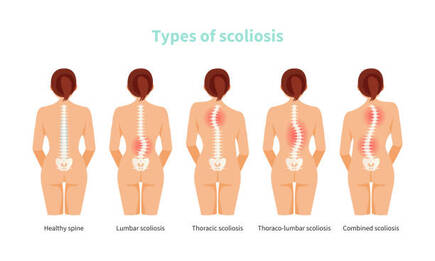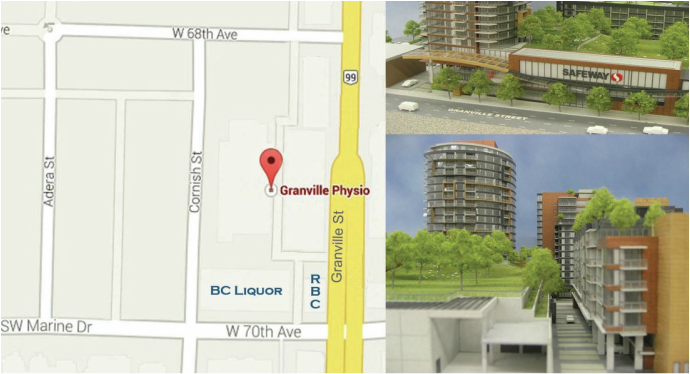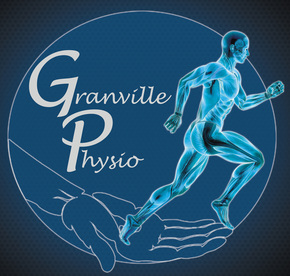scoliosis (jenna)Scoliosis is a condition involving a lateral curvature of the spine (diagnosis criteria = curvature of ten degrees or greater). This curvature occurs most often in the lumbar vertebrae, thoracic vertebrae, or a combination of the two. Unlike the normal anterior-posterior curvature of the spine, lateral curvature has functional implications, and can be disabling in severe cases.
Most cases of scoliosis tend to be mild, but the severity may increase as the child grows. The functional implications of scoliosis depend on the region affected; for example, thoracic scoliosis may reduce the amount of thoracic space available for normal lung function, or may even impair the ability for the heart to pump blood. |
symptoms
|
causes
|
treatment
|
how does physiotherapy help?
Depending on the case and severity, specific physiotherapy treatments may help prevent the progression of scoliosis. treat symptoms and relieve pain. Physiotherapy treatment will be individualized, taking into account the type of scoliosis and degree of curvature.
- Posture assessment and adjustment is necessary during the initial visit to address case severity, and locate the areas most affected (i.e. sources of pain, muscle imbalances or weakness, etc.)
- Intramuscular stimulation (IMS) induces local inflammation to improve blood flow and reduce regional pain cause by muscle tightness or strain
- By promoting the relaxation of surrounding and supporting muscles, tension on the affected vertebrae may be relieved (thus reducing any pain resulting from spinal nerve impingement, or muscle imbalances and overcompensation.
- Heat therapy may also be used immediately post-IMS to further improve blood flow and reduce pain
- Exercise prescription and modification is especially important with scoliosis treatment, benefits include:
- Strengthening supporting muscles to reduce muscle imbalances or postural issues
- Exercise modification to correct posture
- Stretching and strengthening exercises to improve general function and reduce curvature progression


